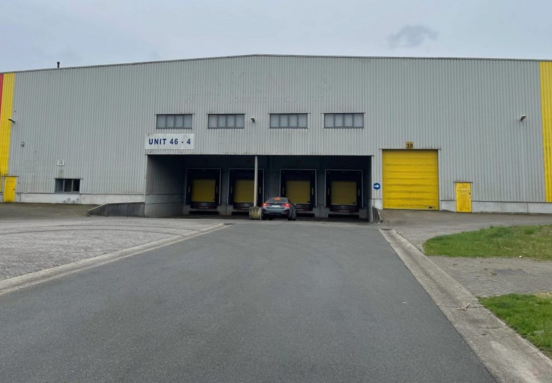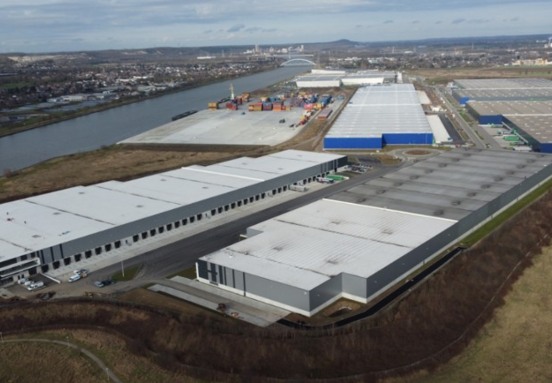Belgium's strategic position: a double-edged sword for logistics
Eurostat data highlights Belgium's unique position in Europe, featuring three times in the EU's top 20 most significant road freight flows. However, despite this strategic advantage, Belgian carriers often play a secondary role in bilateral transport.
Philippe Degraef, General Director of Febetra, pointed out that Belgian carriers hold only a 13.2% market share on the busy Germany-Belgium route, significantly less than German counterparts (26.9%) and other foreign operators (58.6%).
Similarly, in the Belgium-Netherlands corridor, Belgian carriers manage just 16.1%, dwarfed by Dutch transporters at a record 65.9%. Only bilateral transport with France sees Belgian carriers perform competitively, securing a 37.7% market share.
The cost competitiveness challenge for Belgian carriers
The primary reason for this underperformance, according to Philippe Degraef, is straightforward: Belgian carriers are simply "too expensive" compared to their foreign competitors. High social charges are identified as a major contributing factor to these elevated operational costs.
The call for reducing these charges, without compromising drivers' purchasing power, is deemed essential for restoring competitiveness, urging the federal government to commit fully despite challenging budgetary conditions.
What this means for your business: implications for warehousing & supply chain
For businesses seeking to establish or expand their presence in Belgium, particularly those requiring efficient logistics and supply chain management, these findings are crucial. Higher transport costs associated with Belgian carriers can directly impact your operational budget and overall competitiveness. When evaluating office or warehouse space in Belgium, it's vital to consider the broader logistics landscape:
Increased transport costs: Expect potentially higher costs for road freight when relying on Belgian carriers for certain cross-border routes, especially with Germany and the Netherlands.
Reliance on foreign carriers: You may find yourself increasingly dependent on foreign trucking companies for international transport legs, which could introduce complexities in contracting and service integration.
Strategic location is key: While Belgium remains a central European logistics hub, choosing a location for your distribution center or warehouse near key borders or major ports becomes even more critical to optimize transport routes and potentially leverage more cost-effective international carriers.
Supply chain optimization: Businesses will need to meticulously plan their supply chains to mitigate these cost pressures, potentially exploring multimodal transport solutions or consolidating freight to achieve economies of scale.
Seeking solutions: government intervention & future outlook
The plea from industry leaders for government intervention to reduce social charges highlights a critical bottleneck in Belgium's logistics sector. A successful reduction in these costs could significantly enhance the competitiveness of Belgian carriers, potentially leading to more favorable transport rates and a stronger, more resilient supply chain environment for businesses operating in the country. Monitoring these developments will be essential for any business planning long-term logistics strategies in Belgium.
Source: transportmedia.be







